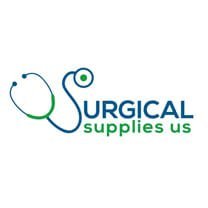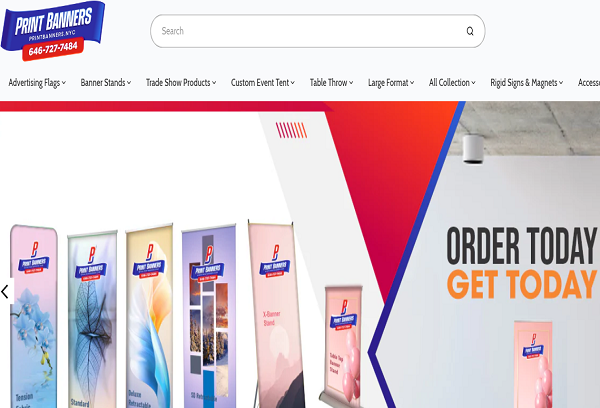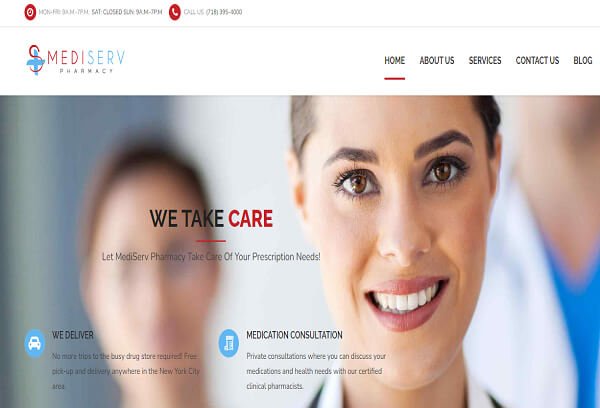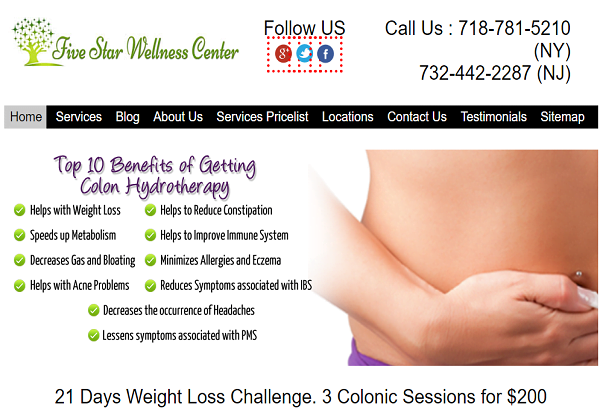Want to improve rankings and traffic? Stop blindly following SEO tool suggestions
- November 7, 2024
- SEO
SEO tools are incredibly helpful for site optimization, but blindly following their recommendations without careful consideration can actually harm your site. In this post, we’ll discuss the common pitfalls of SEO tools and how to effectively leverage them to benefit your website.
Why Following SEO Tool Recommendations Without Thinking Can Backfire
SEO tools serve as a double-edged sword for anyone involved in content creation or digital marketing.
While they provide valuable insights that can guide your strategy—such as identifying keyword opportunities or technical optimizations—they can also lead to serious issues when relied on too heavily. Over-optimized content, misleading performance metrics, and inaccurate technical suggestions are some of the common problems with SEO tools.
Even worse, some site owners mistakenly optimize for tool-specific metrics. John Mueller from Google recently commented on this issue, advising bloggers to avoid shortcuts when it comes to SEO:
• “Many SEO tools have their own metrics that are tempting to optimize for (because you see a number), but ultimately, there’s no shortcut.”
Having worked with thousands of sites, I’ve seen firsthand the negative effects of misusing SEO tools. My goal is to help you avoid these mistakes! This article highlights some of the most problematic recommendations from SEO tools, many of which not only go against SEO best practices but can also hurt your site’s performance.
We’ll dive deeper into common tool flaws, as well as how to use them correctly—integrating them into your overall strategy without allowing them to dictate every decision. Lastly, I’ll discuss the common traps that can derail your SEO efforts, like over-relying on automated suggestions or using data without proper context. By the end, you’ll have a solid understanding of how to get the most from your SEO tools while avoiding their limitations.
SEO Tools Don’t Tell the Full Story
I often receive panicked emails from bloggers who notice a sudden drop in traffic. These emails typically go something like this:
• Blogger: “Casey, my traffic dropped 25%, and I’m freaking out.”
• Me: “I’m sorry to hear that. Where are you seeing this drop? Is it in Google Analytics, Google Search Console, or some other analytics platform?”
• Blogger: “I’m looking at the Visibility Graph in [SEO Tool Name], and it shows a significant decline!”
This response is all too common, and I’ve received it from both novice and experienced bloggers alike. The problem usually comes down to a lack of understanding: visibility metrics are highly unreliable.
SEO tools track a small sample of keyword rankings, estimating traffic volume using clickstream data, third-party sources, and proprietary algorithms. This can result in a misleading visibility score, especially if you lose rankings for keywords in positions 50-100, which often don’t contribute significant traffic. Even if your visibility score drops, it doesn’t necessarily mean you’ve lost quality traffic.
While visibility tools can be useful for identifying general trends, they should never be the ultimate authority when it comes to diagnosing traffic drops or other SEO issues. Always rely on first-party data from Google Analytics or Google Search Console to form your hypotheses and recommendations.
Examples of SEO Tool Recommendations to Ignore
It’s not just visibility metrics that can mislead. Many SEO tools still rely on outdated metrics that have been debunked as irrelevant for SEO success.
Take the “text-to-HTML ratio” metric, for instance. This compares the amount of text on a page to the HTML code needed to display it. A higher percentage is often considered better, but this ratio has been proven irrelevant for ranking purposes. Yet, many SEO tools still flag it as an issue.
The same applies to the concept of “toxic” links and the use of disavow files. Despite Google’s advice to ignore reports of toxic links (except in the case of manual penalties), many SEO tools continue to push the idea that disavowing links is necessary. In my experience, removing disavow files has often improved site performance.
Another outdated recommendation is against paginating comment sections. For years, popular SEO plugins like Yoast discouraged comment pagination, even though Google recommends it as a best practice to improve page speed and user experience.
Modern SEO tools have moved past traditional metrics like keyword density, word count, and TF-IDF. With the rise of semantic search, tools that use natural language processing (NLP) and information retrieval science—such as focusing on entities and tokens—offer more valuable insights.
Best Practices for Using SEO Tools Effectively
SEO tools can be incredibly powerful, but only when used correctly. They provide a wealth of data, but their recommendations are not always aligned with your specific goals or audience. Here are some best practices to ensure you get the most actionable insights from your tools:
1. Interpret Data with Context SEO tools rely on their own set of metrics and algorithms, which provide valuable data, but they lack the human insight needed to determine what truly matters to your audience. For example, if a tool suggests adding more keywords, resist the urge to keyword-stuff, as it can degrade the user experience. Use tool data as a starting point for deeper analysis, not a final answer.
2. Use Multiple Tools for a Holistic View Relying on a single SEO tool can give you a limited or skewed understanding of your site’s performance. Different tools focus on different aspects of SEO, so combining insights from platforms like Google Search Console, Ahrefs, and Semrush can offer a more comprehensive view. Cross-referencing data from multiple sources can help you make more informed decisions.
3. Prioritize Content Quality While SEO tools focus heavily on technical aspects like heading structure, backlinks, and schema, it’s essential to remember that high-quality content is the foundation of successful SEO. Tools can enhance your content strategy, but it’s engaging and valuable content that truly drives long-term results.
4. Stay Aligned with Algorithm Updates SEO is constantly evolving, and Google’s algorithm updates often reshape best practices. Keep revisiting your strategy to ensure it aligns with the latest changes. SEO tools also update their metrics regularly, so stay informed about new features that could add value to your approach.
5.Prioritize User Experience (UX) Many SEO tools suggest optimizations that may be beneficial for search engines but may harm user experience. For example, tools may recommend adding pop-ups for lead generation, but if they interfere with usability, they can increase bounce rates and hurt your overall conversion rates. Always put user experience first, focusing on site speed, mobile responsiveness, and accessibility.
SEO Tools: A Helpful Aid, Not a Complete Solution
As I frequently say in audits, SEO success lies in the details. For most sites, no single tool recommendation will be the make-or-break factor. SEO is often a matter of addressing small issues that collectively impact site performance.
SEO tools are useful when you use them as aids to improve your site, but they shouldn’t dictate your entire strategy. Weigh the recommendations carefully, considering the broader context and your audience’s needs. When used wisely, SEO tools can provide the insights you need to create a strong foundation for long-term growth.
If you’re looking for expert guidance on how to leverage SEO tools and implement effective strategies for your business, Earn SEO, a professional SEO agency in New York, is here to help. Our team understands the nuances of SEO and can tailor an approach that works for your unique needs. Whether you’re looking to improve your website’s visibility or enhance user experience, we provide data-driven strategies designed to deliver long-term results.
Earn SEO was established in 2011 by Devendra Mishra, a highly educated professional with varied training and experience. Mr. Mishra is responsible for business development, attracting new Earn SEO partners, and interacting with clients, the media and press, and acting as Brand Ambassador.
Devendra Mishra
Founder






































